|
What you believe (mindset) will shape what you do (habits). If you have a mindset that what you are doing now doesn’t matter, and by not caring or being engaged you develop lackadaisical habits in your school working ethics, these will be hard to break when you enter the workforce. Poor perspectives lead to lazy habits and these elements combine to create mediocre working habits. You don’t have to be a genius, a nerd, or a brown noser to be successful in school or at work. But, your attitude and level of effort now will carry into the workplace and likely into your relationships. For most of us, how we do one thing is also how we approach most things. If you half-ass at school, you likely do the same in sports, work, relationships, and anything else you are involved in. The Habits for AchievementYou probably think this isn’t true. But try me. See if trying a little harder at school doesn’t translate to trying a little harder in sports, elevating your effort at work, and even being more engaged in your close relationships. Pursuing new opportunities requires you to:
You cannot achieve new things without gaining new knowledge, improving your skills, and elevating your abilities. If you are wasting all the free education and opportunities being presented to you now, you will develop a blindness and deafness for recognizing them in the future. Everything you can learn and do, school, sports, volunteering, mentorship, etc. is free or low cost now. If you aren’t taking advantage of them you are being foolish. Be more present and appreciate what other people are saying to you, doing for you, and investing in you.
0 Comments
If you went way back in time, people groups were primarily agrarian. They lived off of the land. The effort put into working the soil, growing crops, and taking care of animals was directly tied to your ability to survive. Think of all the things we take for granted today, those were not around:
If you are hungry, you go to the grocery store or a restaurant. Those are fairly new elements of society. In prior generations, you wouldn’t buy bread, you harvested grain and made your own. You would top that with butter that you churned yourself and jam from wild berries. As technology advanced and societies evolved, work is more associated with making money to buy food rather than being directly involved in raising food. If you were a farmer raising you own food, you worked as long as you needed to in order to accomplish this task. If you didn’t work, you didn’t eat. A Brief History of WorkThe Industrial Revolution brought significant changes and factory work became prominent. People working in factories around 1867 were pulling 12 to 14-hour shifts, often six days a week; or 72-84 hours a week. That same year, Illinois was one of the first states to pass a law calling for a standardized 8-hour work week. The first occurrence of this becoming the norm was for government workers in 1869. It was until 1926, when the Ford Motor Company established a five-day, 40-hour workweek for its workers. Owner Henry Ford declared, “It is high time to rid ourselves of the notion that leisure for workmen is either lost time or a class privilege.” In 1938, congress finally passed the Fair Labor Standards Act, making the 8-hour work day and 40-hour work week the law of the land. Employers are allowed to ask you to work more than 40 hours and you may find some advantages in doing so. If you work more than 8 hours, in most jurisdictions, you are working overtime which is usually 1.5 times what your regular rate is. For example, if your hourly rate were $20 per hour, if you worked 45 hours in a week you would have 5 hours of overtime that would be paid at $30 per hour.
Putting In Extra Time at WorkWhen I first started working for a local restoration company in Ventura, California, I was on the mold removal team. If you’ve ever seen green or black stuff growing on a wall in your house, my team would be the ones that suited up, set a containment area, and removed the bad stuff. Our workday was 730am to 330pm, I was going to night school and had a daughter on the way. I noticed some of my team members in another division would get after-hours calls to respond to water damage in local homes and businesses. When I found out they were getting paid a bonus to go plus their overtime I asked to be put on that list immediately. Life is about opportunity, not convenience. If I was willing to be on-call for one week every 6 weeks, I often could make close to two weeks (or more) pay. This was money that I was able to use to pay cash for my associate's degree in criminal justice and tackle the debt from having a baby. Another cool thing you will learn, even if you have health insurance, there are still things you have to pay for when you have a medical procedure or create a human. Finding the Right Work TeamFinding a quality team to work with makes the reality of work more enjoyable. Four questions to help you determine if you're on the right team:
Money is important, but like many things in life it is a tool. The more you learn about how the tool of money works and how to apply it to your situation, the better you are able to use it to build the life that you want. A New Book for Young WorkersThis content was adapted from the new book from The DYOJO and Jon Isaacson titled, Challenge Accepted: An Open Letter To Young People Entering The Workforce. Watch the video to learn more about Challenge Accepted. Achieve more by reducing your priorities rather than adding to your pressures.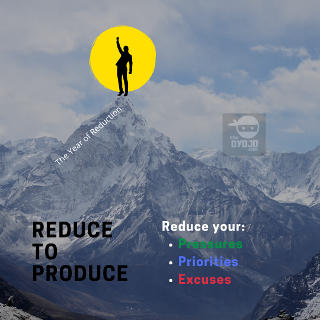 Whether it’s the beginning of the year or any date thereafter, the demands of life weigh heavy on those who maintain a hunger for personal and professional growth. Life often feels like a mountain we are ill equipped to summit. The path of the status quo leads to lofty goals set at the dawn of the new year, most of which quickly fade into the necropolis of to-do lists gone un-done. Though it seems counter intuitive, if you want to carry your goals over the peak, you should start by reducing the weight of your load. Prioritization helps you to embrace your identity and live your purpose. Reducing your load starts with weeding through the internal and external pressures to focus on what is important to you. When you harness this simple truth you realize it is better to have a few things that are completely done rather than several items that are only partially done. Going over the mountain starts with preparation and then taking those first steps up the mountain. Reduce in order to produce. “It is not a daily increase, but a daily decrease. Reduce your Pressures.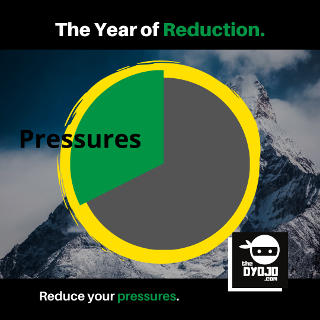 You should be intentional about giving yourself some credit from time to time. Remember, you have a purpose, a job, family, commitments, side hustles, hobbies and you need time to sleep. Take a moment to appreciate what you have accomplished and where you have traveled in your journey. It’s ok to give yourself a compliment. As you climb towards your goals, build into your development process time for reflection and gratitude. Bill Carmody, founder and CEO of Trepoint, encourages growth minded professionals, “So much of what we do in our business is driven (or limited) by our psychology. Celebrating your wins not only feels great physically, but it reinforces the behavior you want to show up when you face a new challenge or opportunity.” "Consider what you might accomplish if you stopped Reinforce positive behavior as you face challenges. This is enhanced by surrounding yourself with positive influences. This should not be confused for surrounding yourself with people who will tell you what you want to hear and will allow you to underperform on your potential. There is a fine line between those who will, “Tell you like it is,” but have no functional input to help you evolve and those who will encourage, as well as correct, as they walk alongside you. Resources such as social media can both be distracting from your efforts to reach your goals as well as create a false sense of achievement. Don’t fall prey to the allure of attention (external adulation) and achievement (internal satisfaction). Srinivas Rao challenges us to consider, “What you might accomplish if you stopped confusing attention with accomplishment.” Rather than sharing about what you plan to do in order to receive some fleeting praise, celebrate your victories (large and small) with those who are directly involved in your ascent. Build sustainable habits that will aid you in achieving your goals:
Reduce your Priorities.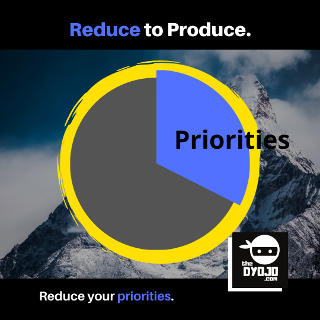 Climbing a mountain requires preparation, dedication and endurance. You have limited time and you have to be realistic with what you can pursue and invest in. Whittle down your priorities to the core things that matter to you. Your priorities will change as you unfold your personal and professional development. If everything is important then nothing is. Be intentional by reducing your list of priorities to items that you can gain momentum and achieve. Focus is the key to harnessing your ability to achieve. If you want to achieve your goals you must transfer your ideas (what is in your head) into habits (action) as this is the most effective way to develop sustained positive changes. Your neural messengers that facilitate goals being transformed into habit are called endocannabinoids. Dr. Ralph Ryback, writing for Psychology Today, states, “The best way to get your endocannabinoids to help you form a habit is by being consistent. Work toward your goal every day, even if you don’t feel like it. You can set aside a specific time each day, or a specific context.” "The mark of a great man is one who knows when to set aside the important Simple steps for crushing your growth goals:
Reduce your Excuses.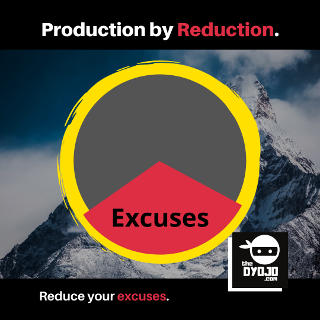 In a letter to his friends in Rome, Paul writes, “I say to everyone among you not to think of himself more highly than he ought to think, but to think with sober judgment.” Often, our minds receive this as though we need to bring ourselves down a notch with an improper understanding of humility. I find it interesting that the author says, “With sober judgement,” which also means an honest evaluation. We shouldn’t think of ourselves more highly than we ought but also we should not think of ourselves more lowly than we ought. Sober judgement means that we have an understanding of our identity and our purpose. You are capable. You can achieve what you want. Do you want to have a better body, you can do it - you will have to be realistic with what that commitment will require. You know the process includes eating better, getting sleep and a commitment to working out. Personal and professional development is not so much about learning new information but applying what we know to be true. Achieving a better body is often tied to looking like some prototype. When you compare yourself to others it isn’t helpful. Your goals should be specific to you and reaching your potential. Development is a process of embracing your identity and living your purpose. If you are in a rut, start yourself with some low hanging fruit that will help you get the wheels turning again. Your success will inspire you to reach further. It’s amazing how when you start saving a little money, the momentum of those feelings of small achievements propel you to save more and grow your vision for what is possible. The same is true in any endeavor of change. Development is a process of embracing your identity and living your purpose. Reduce your excuses to produce better results:
The Year of Reduction.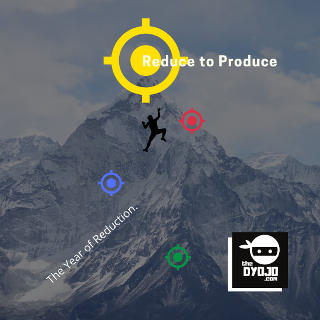 What would happen if you and I declare this The Year of Reduction - Reduce to Produce? So much of what screams at you and me for attention challenges us to do this or that and only adds to the weight we carry. By shedding some of the unnecessary weight you can focus on what matters to you and make progress in your process. Embrace your identity, be who you are. Live your purpose, be all that you were designed to be. What will you do today to reduce your pressures, reduce your priorities and reduce your excuses so that you can climb your mountain with less resistance? Resolve within yourself to Reduce so that you can Produce.
What is The DYOJO?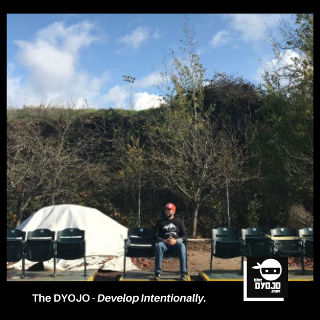 The DYOJO is The Do Your Job Dojo. A dojo is a space dedicated to learning and practicing martial arts. In business teamwork is essential to an organization’s ability to perform at the peak of its capacity. Teamwork must be grounded in trust. the foundation for trust to be built among multiple employees who will be empowered to work with each other, is laid by team members who consistently do their job. In this equation, those in leadership can help this process evolve by clarifying roles and responsibilities for all employees. Personal and Professional DevelopmentIn the original Karate Kid movie, Sensi (teacher/master) John Kreese states the distinctives of the Cobra Kai Dojo:
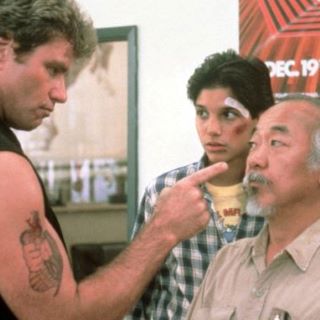 From the example of Karate Kid, we see the difference in the people, process and production of those trained by Sensi Kreese and karate master Mr. Miyagi. By all appearances, the process Mr. Miyagi utilizes for skills training would not produce a championship level fighter and his young apprentice Danny frequently questions his progress. The climax of the movie reveals that the skills and heart of young Danny has been mentored and developed to persevere through rise to the challenge in the face of an opponent is superior by most metrics. Mentorship and Coaching for Achieving Goals.When you commit to studying a martial art, you must find a mentor who you believe will help train you to master the craft you have chose and you must remain engaged in your skills development. The same is true in business. It is your job to pursue personal and professional development so that you can reach your potential. As you grow as a leader, you have a responsibility to repeat the process and help others to achieve their goals. The DYOJO will help you to develop the will, the skill and the chill to succeed. Customized Business Coaching Strategies.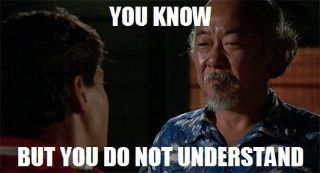 We take the time to listen to your vision, values and goals so that we can assist you to build a strategy for achieving success. You are the hero of your story and our value proposition is to come alongside you to optimize your efforts. The DYOJO provides business coaching services and leadership development in person, online and via remote group training. In the DYOJO we are committed to these core concepts and resources for development:
What services do The DYOJO provide?For growth minded employees in need of direction for continuing their career development:
For new managers who need to elevate their education and training for leadership:
For existing managers looking for tools to help them engage the modern workforce:
For organizations desiring to provide leadership development resources:
Why was The DYOJO Started?The DYOJO helps leaders to intentionally develop their vision and values so that they can build teams that are clear, consistent as well as accountable. We work to help you bridge the gap between where you are and where you want to be as an organization. Through business coaching and leadership development, The DYOJO helps teams to increase their performance in the four key areas of sustainable success - people, process, production and progress. How can The DYOJO help?
|
AuthorThoughts on personal and professional development. Jon Isaacson, The Intentional Restorer, is a contractor, author, and host of The DYOJO Podcast. The goal of The DYOJO is to help growth-minded restoration professionals shorten their DANG learning curve for personal and professional development. You can watch The DYOJO Podcast on YouTube on Thursdays or listen on your favorite podcast platform.
Archives
March 2023
Categories
All
<script type="text/javascript" src="//downloads.mailchimp.com/js/signup-forms/popup/unique-methods/embed.js" data-dojo-config="usePlainJson: true, isDebug: false"></script><script type="text/javascript">window.dojoRequire(["mojo/signup-forms/Loader"], function(L) { L.start({"baseUrl":"mc.us5.list-manage.com","uuid":"b9016446bd3c6a9f0bd835d4e","lid":"83282ffb9e","uniqueMethods":true}) })</script>
|
Jon Isaacson |
Connect. Collaborate. Conquer.
© COPYRIGHT 2015. ALL RIGHTS RESERVED.
|

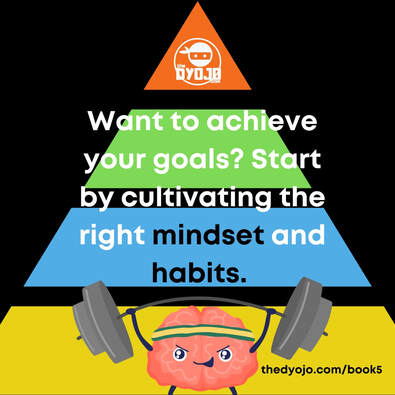
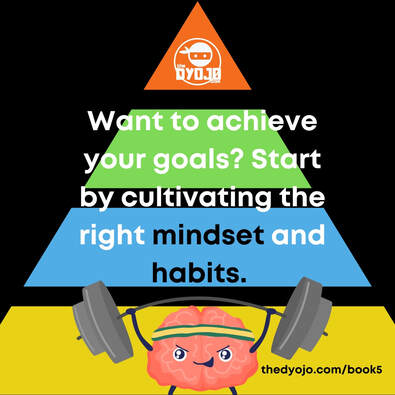
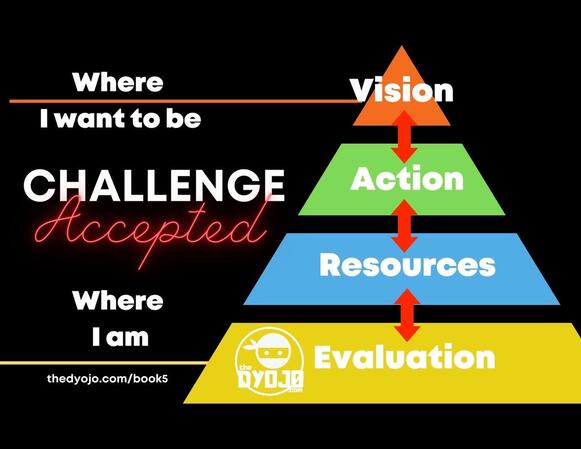

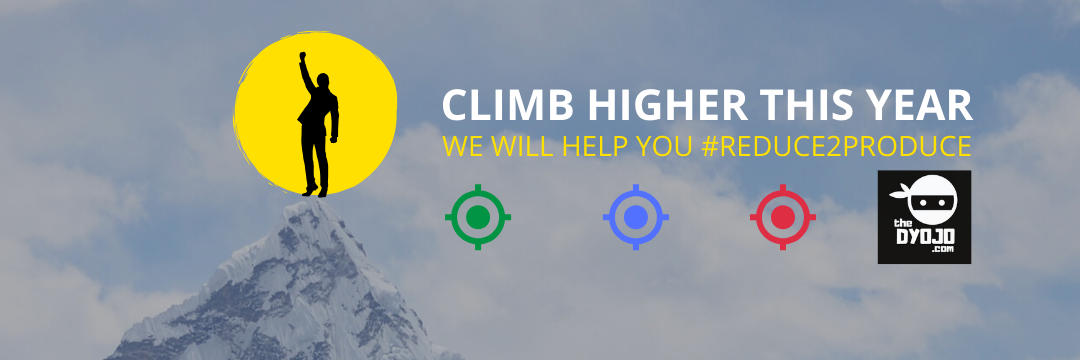



 RSS Feed
RSS Feed